 The dollar couple, Kerri Leonard and Christopher Greenslate.
The dollar couple, Kerri Leonard and Christopher Greenslate. What would you eat if you had just $1 a day for food?
This fall a couple in Encinitas, Calif., conducted their own experiment to find out what it was like to live for a month on just a dollar a day for food. Christopher Greenslate, 28, and Kerri Leonard, 29, both high school social studies teachers, quickly discovered what cash-strapped consumers have known all along. In the United States, the cheapest foods tend to be so-called junk foods — candies, chips and other processed fare that is packed with calories but devoid of nutrients. Meanwhile, fresh fruits and vegetables are priced out of reach. And living on a tight food budget adds lots of extra time and effort to meal preparation.
“We’re used to eating some type of vegetable with every meal and fruit every day,” Ms. Leonard said. “Finding out there was very little way to fit that into our budget, that was a huge struggle.”
The couple blogged about the diet project and also raised about $1,500 for a local community center. While the dollar-a-day diet was just a monthlong experiment for the couple, health researchers say their experiences reflect many of the real world conditions people on limited incomes face every day. To read more about the high price of healthful food, read this week’s Well column, “Money Is Tight, and Junk Food Beckons,” and then please join the discussion below.




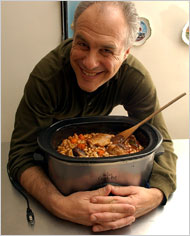
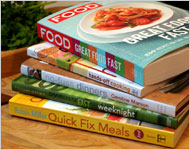
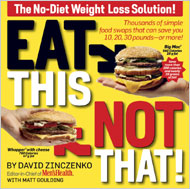

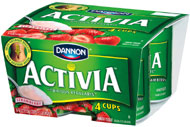

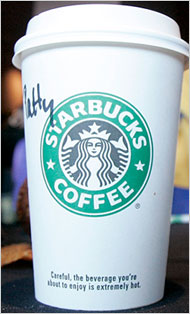









 Healthy living doesn't happen at the doctor's office. The road to better health is paved with the small decisions we make every day. It's about the choices we make when we buy groceries, drive our cars and hang out with our kids. Join columnist Tara Parker-Pope as she sifts through medical research and expert opinions for practical advice to help readers take control of their health and live well every day. You can reach Ms. Parker-Pope at
Healthy living doesn't happen at the doctor's office. The road to better health is paved with the small decisions we make every day. It's about the choices we make when we buy groceries, drive our cars and hang out with our kids. Join columnist Tara Parker-Pope as she sifts through medical research and expert opinions for practical advice to help readers take control of their health and live well every day. You can reach Ms. Parker-Pope at 

